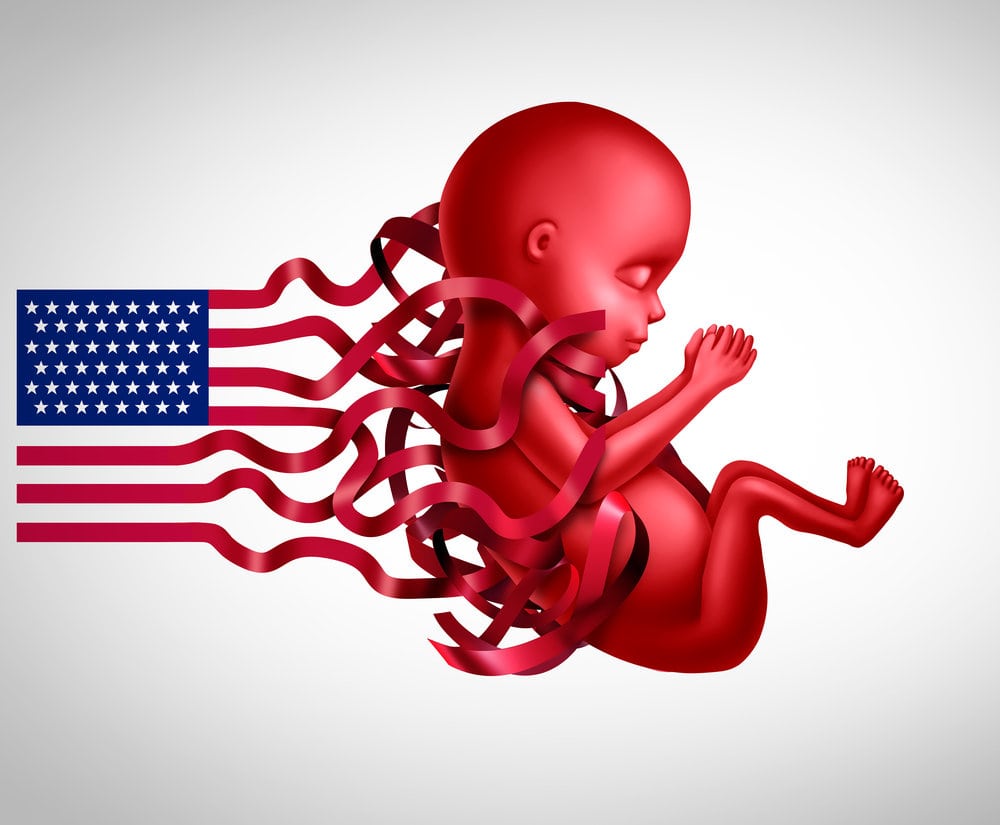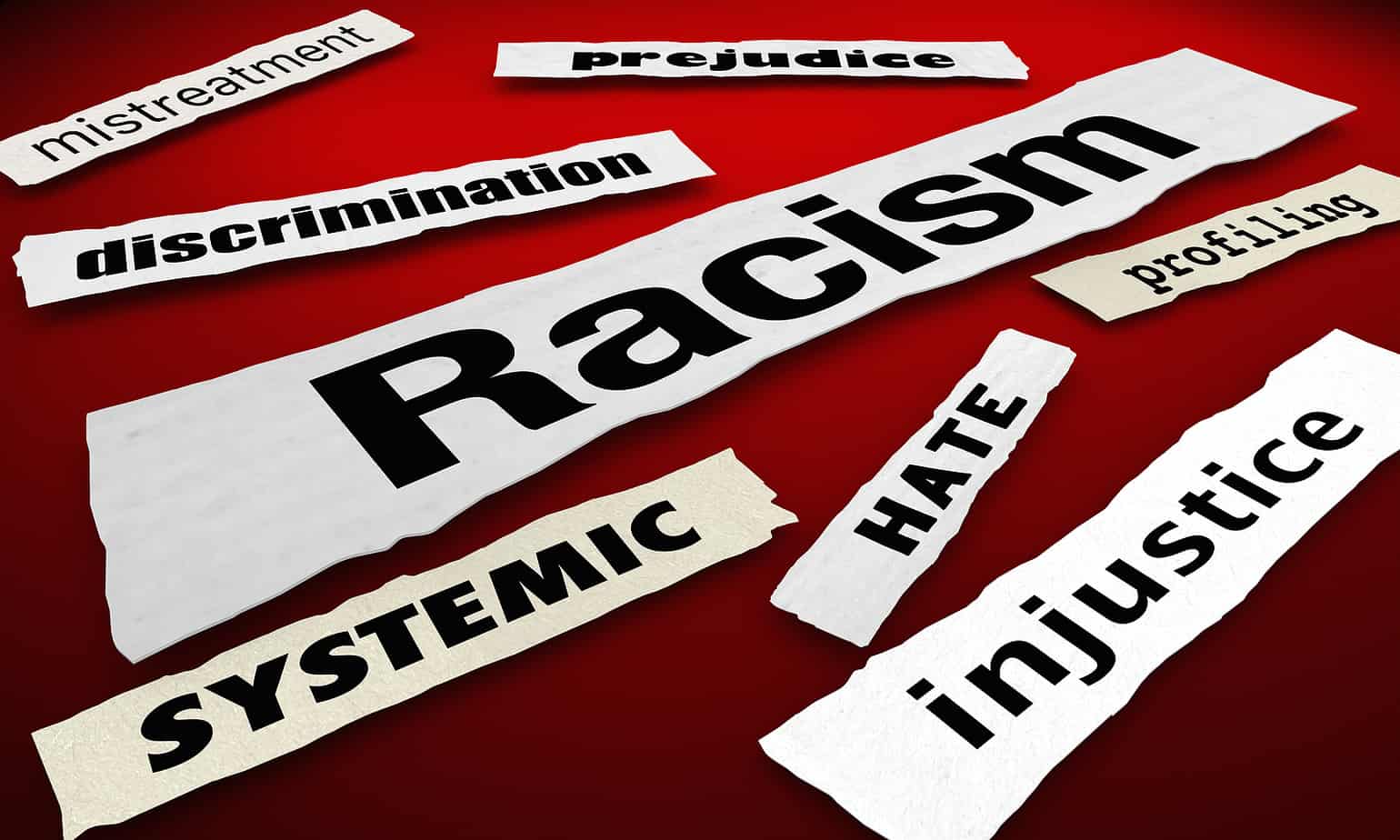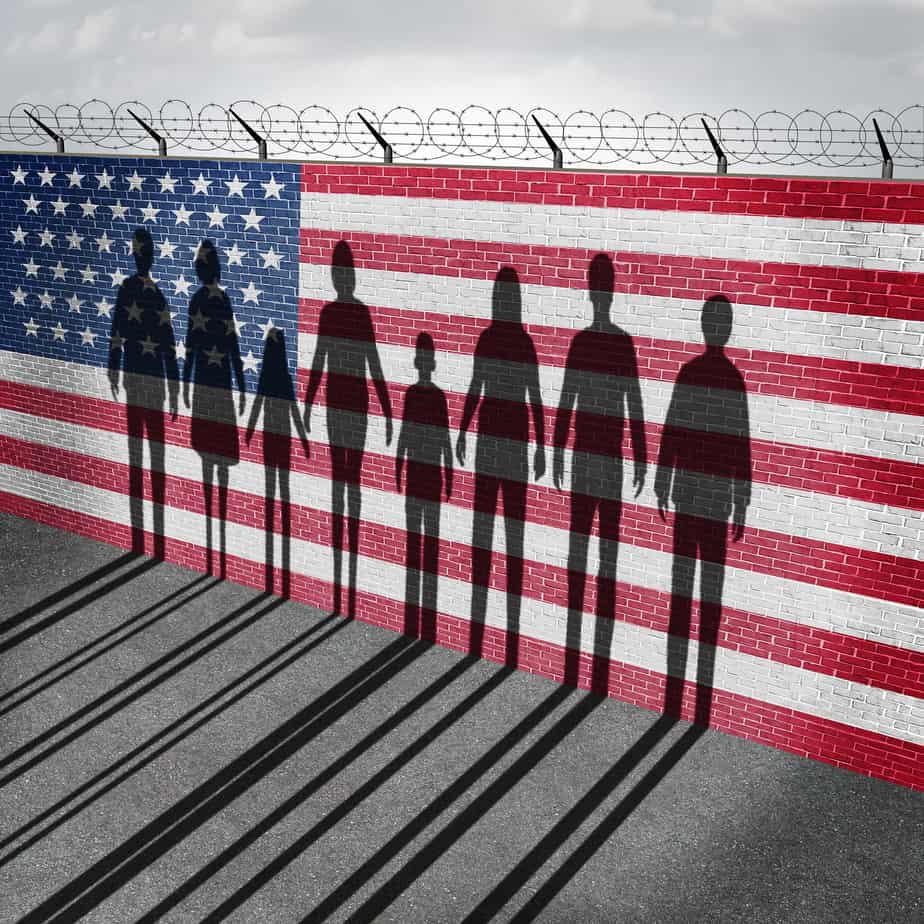The ongoing debate around abortion has been central to political and social conversations for decades. One of the main arguments against abortion is the claim that it is equivalent to murder. However, there are several reasons why abortion is not considered murder from legal, ethical, and scientific perspectives.
Firstly, from a legal standpoint, murder is generally defined as the unlawful and intentional killing of a person. In most jurisdictions, a fetus is not recognized as a person with legal rights. This distinction is important because it separates abortion from the act of taking a person’s life. Anti-abortion legislation primarily focuses on restricting access to the procedure rather than classifying it as murder.
Furthermore, the ethical argument that life begins at conception is highly debated. Scientifically, there is no consensus on when a fetus can be considered a fully sentient being with consciousness and the ability to feel pain. While some anti-abortion activists argue that personhood starts at conception, others believe it begins at later stages of development, such as when the fetus is viable outside the womb or exhibits cognitive functions. Ultimately, the lack of consensus on this crucial aspect of the debate contributes to the understanding that abortion cannot be unequivocally equated to murder.
Abortion and Legal Definitions
Roe v. Wade Ruling
The U.S. Supreme Court’s landmark decision in Roe v. Wade (1973) established the legal foundation for regulating abortion in the United States. In this ruling, the court held that the right to privacy under the Due Process Clause of the 14th Amendment extended to a woman’s decision to have an abortion. However, this right was balanced against the state’s interests in protecting the pregnant woman’s health and the fetus’s potential life. The court created a trimester framework to guide regulations, with greater leeway for states to regulate abortion later in pregnancy.
Legal Person
At the crux of the abortion debate is the question of when a fetus becomes a legal person. This is key in determining whether abortion could be considered murder under the law. The Roe v. Wade ruling did not grant personhood to fetuses, so abortion cannot be legally considered murder. Legal personhood generally refers to entities with rights, protections, and privileges under the law. In the context of abortion, legal personhood often focuses on when a fetus might gain such rights – either at the moment of conception, at birth, or some stage in between.
Legal Protection
The distinction between abortion and murder lies in the legal protection given to the fetus. In the United States, legal protection for fetuses varies by state and depends on the stage of development. Generally, abortion is regulated more strictly as the pregnancy progresses, with more lenient regulations in the first trimester and tighter restrictions later on. This approach is designed to balance the pregnant person’s right to privacy and autonomy with the state’s interest in protecting the potential life of the fetus. While some states have enacted so-called “heartbeat bills” and outright bans to restrict abortion as early as six weeks gestation, these laws have often faced legal challenges based on state constitutions.
Dobbs vs Jackson Women’s Health Organization
Dobbs v. Jackson Women’s Health Organization was a pivotal Supreme Court case in 2022 that reversed Roe v. Wade and Planned Parenthood of Southeastern Pennsylvania v. Casey. These decisions established the fundamental right to an abortion before the fetus becomes viable.
In Dobbs v. Jackson, the Supreme Court ruled that the Constitution does not confer a right to abortion. This decision granted states the authority to regulate or ban abortion as they see fit. Mississippi’s Gestational Age Act, which prohibited most abortions after 15 weeks of pregnancy, was the law under review in this case. The Act made exceptions for medical emergencies and severe fetal abnormalities.
The impact of Dobbs v. Jackson has been significant, creating concerns about access to abortion and sparking debates about reproductive rights across the United States. With the reversal of Roe v. Wade, some states have moved to enact more restrictive abortion laws, while others have sought to protect access to the procedure. The decision has lead to future legal challenges as states test the boundaries of the ruling and also over the abortion pill.
Understanding the Difference Between Abortion and Murder
Human Life and Conception
When discussing abortion, it’s crucial to recognize the distinction between human life and conception. Human life refers to an individual who is biologically alive and functioning, with unique human characteristics. Conversely, conception refers to the fertilization process when sperm meets the egg and forms a zygote. Although a zygote contains the genetic material necessary to develop into a human, it is not yet a fully developed human being. Thus, while abortion terminates a potential human life, it does not equate to ending a fully developed, sentient human life.
Personhood and Fetuses
Another essential distinction lies in the concept of personhood. Personhood is the status of being recognized as an individual with rights and moral considerations. While a fetus is biologically human, it is debated whether it possesses personhood. Many argue that a human becomes a person when they develop self-awareness, consciousness, and the capacity for emotions, which a fetus does not have. Therefore, abortion is not considered murder since it does not infringe on the rights of a sentient human or a person with certain moral and legal rights.
Science and Cultural Perspectives
Lastly, understanding the difference between abortion and murder requires considering scientific and cultural perspectives. Scientifically, a fetus undergoes different stages of development in the womb, with some asserting that the point at which it can be considered “human” or “alive” varies. Cultural perspectives also play a significant role in shaping people’s beliefs about abortion. Different religions, philosophical beliefs, and legal systems have varied perspectives on when life begins and whether abortion should be allowed.
By examining the distinctions between human life and conception, personhood, and fetuses and considering different scientific and cultural perspectives, one can better understand why abortion is not viewed as murder. The inherent complexity of this issue showcases the importance of respectful and informed discussions to foster empathy and understanding.
The Pro-Life versus Pro-Choice Debate
Pro-Life Movement Arguments
The pro-life movement consists of individuals and organizations against abortion, arguing that the procedure takes the life of an innocent human being. Many pro-life supporters have religious or moral objections to abortion, with the evangelical community being one of the most vocal groups. In politics, the pro-life rhetoric typically emphasizes the value of unborn life and states that every unborn child has a right to life.
Some pro-life proponents also argue for the support and care of pregnant women who may experience financial or emotional hardships, emphasizing alternative options to abortion, such as adoption. While the movement focuses primarily on opposition to abortion, some pro-life supporters also adopt stances on related issues, such as opposing the death penalty.
Pro-Choice Movement Arguments
The pro-choice movement, on the other hand, advocates for a woman’s right to decide about her own body, including the decision to terminate a pregnancy. Pro-choice supporters contend that access to safe and legal abortion is a fundamental right, and restricting this access can lead to dangerous and life-threatening consequences. They often emphasize the importance of reproductive autonomy and individual choice as key factors in women’s rights and empowerment.
In the political arena, pro-choice activists often argue that the government should not be involved in a woman’s personal decisions about her body and future. The pro-choice movement is diverse, with supporters from various religious, philosophical, and political backgrounds united in their belief that individuals should have the autonomy to make decisions about their reproductive health.
While pro-life and pro-choice movements present their arguments for and against abortion, the topic remains deeply divisive and emotionally charged, affecting personal beliefs, political stances, and social relationships.
Abortion Procedures and Safety
Types of Abortions
There are generally two types of abortion procedures: medication abortion and in-clinic abortion. Medication abortion sometimes called the abortion pill, involves taking mifepristone and misoprostol. Mifepristone is taken first to block the hormone progesterone, which is needed for the pregnancy to continue. Misoprostol is taken 24 to 48 hours later, causing the uterus to contract and expel the pregnancy from the womb. Medication abortion is usually considered safe and effective within the first ten weeks of pregnancy. There are legal challenges to the FDA’s approval of Mifepristone, but it remains legal while the challenges work its way through the courts.
In-clinic abortion procedures include aspiration (manual or electric vacuum), dilation and curettage, and dilation and evacuation. These are done under sterile conditions at health centers and are generally considered safe for healthy individuals.
Abortion Complications
The risks and complications of abortion primarily depend on the type of procedure and the stage of pregnancy. Some potential complications of abortion include:
- Infection
- Excessive bleeding
- Damage to the cervix or uterus
However, these complications are rare, and overall, abortion procedures are considered safe by medical professionals. In fact, according to the Centers for Disease Control and Prevention, the risk of serious complications is less than 1% for both medication abortion and in-clinic abortion procedures.
Statistics
While anti-abortion advocates might argue that abortion is unsafe, various studies and statistics tell a different story. For example:
- Maternal deaths related to abortion are sporadic, occurring in approximately 0.006% of cases.
- Abortion is one of the safest medical procedures in the United States, with fewer complications reported than other common outpatient procedures.
- Most health insurance policies in the United States provide coverage for abortion services, further supporting the notion that abortion is considered a safe and necessary medical procedure.
In conclusion, while the debate over the morality of abortion continues, available evidence suggests that abortion procedures, when performed by trained professionals and under safe conditions, are a safe and effective method of ending a pregnancy.
The Impact of Abortion Laws and Restrictions
Consequences of Illegal Abortions
When abortion is illegal or heavily restricted, women seek unsafe methods to terminate their pregnancies. Unsafe abortions can result in serious health complications and even death. Moreover, women who undergo illegal abortions may face social stigma, legal consequences, and difficulties accessing post-abortion care if complications arise.
Effect on Women and Society
Restrictive abortion laws can have a significant impact on women and society as a whole. Denying women access to safe, legal abortion services infringes on their bodily autonomy and can cause emotional distress. Women may be forced to carry an unwanted pregnancy to term, which can result in financial burdens and a host of other social and personal challenges. In cases of rape or incest, forcing a woman to give birth can have severe psychological ramifications. Furthermore, restrictive abortion laws can contribute to overpopulation and strain on social services.
Abortion Bans and Their Effectiveness
The premise of abortion bans is often based on the belief that life begins at conception, and therefore, terminating a fertilized egg constitutes murder. However, banning abortions doesn’t necessarily reduce abortion rates. Instead, it may increase unsafe procedures, risking women’s health and lives. Additionally, abortion bans can inadvertently harm women experiencing miscarriages, as they may be reluctant to seek medical help because they fear being accused of having an illegal abortion.
While conservatives may argue that abortion bans reflect societal values and promote a culture of life, restrictive abortion laws can disproportionately affect low-income women, who may not have the resources to access abortion services in areas with fewer restrictions. In contrast, studies show that providing comprehensive sexual education and access to contraceptive methods can effectively reduce unwanted pregnancies and, subsequently, the demand for abortion.
Religion and Abortion
Christianity and Abortion
Christianity has diverse perspectives on abortion, with various denominations having their teachings on the issue. Many Christians believe life is sacred and should be protected from conception, leading them to oppose abortion. Some denominations, such as the Roman Catholic Church, consider abortion morally wrong in all instances, citing teachings that emphasize the sanctity of life.
Other Christian denominations, such as the United Methodist Church and the Presbyterian Church (USA), have more nuanced views on abortion. They may permit abortion in certain cases, such as when the mother’s life is at risk or in instances of rape or incest. These denominations recognize the complexity of the issue and the need for pastoral care for women facing difficult decisions.
Other Religious Perspectives
Religious perspectives on abortion are not limited to Christianity. Several other major world religions also have teachings on the subject.
- Judaism: Jewish teachings on abortion vary, but many rabbinic authorities allow abortion in certain circumstances. For example, if the mother’s life is at risk or the fetus has severe abnormalities incompatible with life, abortion may be permissible. Under Jewish law, abortion is not murder.
- Islam: Islamic teachings emphasize the importance of preserving life. However, scholars have differing opinions about when life begins and, consequently, when abortion becomes impermissible. Some scholars allow for abortion before the fetus reaches 120 days of gestation, while others only permit it in cases where the mother’s life is in danger.
- Buddhism: Buddhism does not have a single unified stance on abortion. The principle of non-harming is central to Buddhist ethics, and some followers may interpret this to mean that abortion is forbidden. However, other Buddhists may focus on compassion and respect for the mother’s autonomy in making difficult decisions.
- Hinduism: Hindu teachings emphasize the sanctity of life, but attitudes toward abortion can vary. Some Hindus believe in karma and may oppose abortion, viewing it as interrupting the soul’s journey through different lives. Others may allow abortion in certain circumstances, such as when the mother’s life is at risk.
In summary, different religions have varying perspectives on abortion, with some prohibiting it outright and others permitting it in specific situations. Understanding these diverse viewpoints and approaching the issue with respect for individuals’ religious beliefs and personal choices is essential.
Conclusion
In the debate surrounding abortion, one argument often made is that abortion is not considered murder. Several reasons support this perspective, including the belief that a fetus is not yet a fully developed human being with the same rights and protections as a born individual.
Determining when life begins is complex, but many argue that life begins at conception. While some may argue this standpoint, others believe that a fetus only attains personhood at a later stage in development, such as during its viability outside the womb. This distinction is crucial as it affects the perceived moral and ethical implications of abortion.
The concept of bodily autonomy also plays a significant role in the argument. It asserts that a pregnant person has the right to decide about their own body, including whether to continue a pregnancy. In this view, restricting access to abortion can be seen as an infringement on personal autonomy and an unwarranted intrusion by the state into private matters.
Additionally, the availability of safe and legal abortion procedures can protect the lives and well-being of pregnant people who may face severe health risks or socio-economic hardships due to an unwanted pregnancy. Restricting access to abortion may lead to dangerous and life-threatening practices, highlighting the importance of considering the person carrying the fetus in the discussion.
In conclusion, the view that abortion is not murder stems from the idea that a fetus is not yet a person with full rights and protections, along with the importance of bodily autonomy for the pregnant individual. While opinions differ, understanding these perspectives can contribute to a more nuanced and respectful debate on this complex issue.
FAQs
What is abortion?
Abortion is terminating a pregnancy before the fetus can survive outside the uterus. It can be performed for various reasons, including medical necessity, personal choice, fetal abnormalities or due to socioeconomic factors.
Why is abortion not considered murder?
Abortion is not considered murder for several reasons. Firstly, legally, murder is defined as the unlawful killing of another human being with intent. In many countries, abortion is legal and hence not considered unlawful. Secondly, from a philosophical perspective, a fetus is not generally granted the same moral status as a fully formed human being, as its level of consciousness and ability to feel pain are still debated topics.
What are the main arguments in favor of pro-choice?
Pro-choice advocates argue that abortion should be safe, legal, and accessible for several reasons:
- It protects the lives and health of pregnant individuals who may face complications during pregnancy or childbirth.
- Abortion bans may endanger pregnant individuals not seeking abortions by denying them necessary medical care or forcing them to resort to dangerous, unsanctioned methods.
- It upholds bodily autonomy, allowing individuals to make decisions about their reproductive health without interference from the government.
What are the main arguments against abortion?
Those who oppose abortion argue that:
- Life begins at conception, making abortion morally and ethically wrong as it takes away an innocent life.
- Abortion may contribute to a culture where life is disposable and not valued.
- Some suggest that increased access to birth control, comprehensive sex education, and other support measures can reduce the number of unintended pregnancies, therefore decreasing the demand for abortions.
What are some common myths surrounding abortion?
Several persistent claims about abortion have been debunked or challenged:
- Abortion is not unsafe; it is a medical procedure performed using safe and professional methods.
- Most people who have abortions do not experience long-term negative psychological effects.
- Having an abortion does not lead to fertility problems or other adverse health outcomes in the future.



